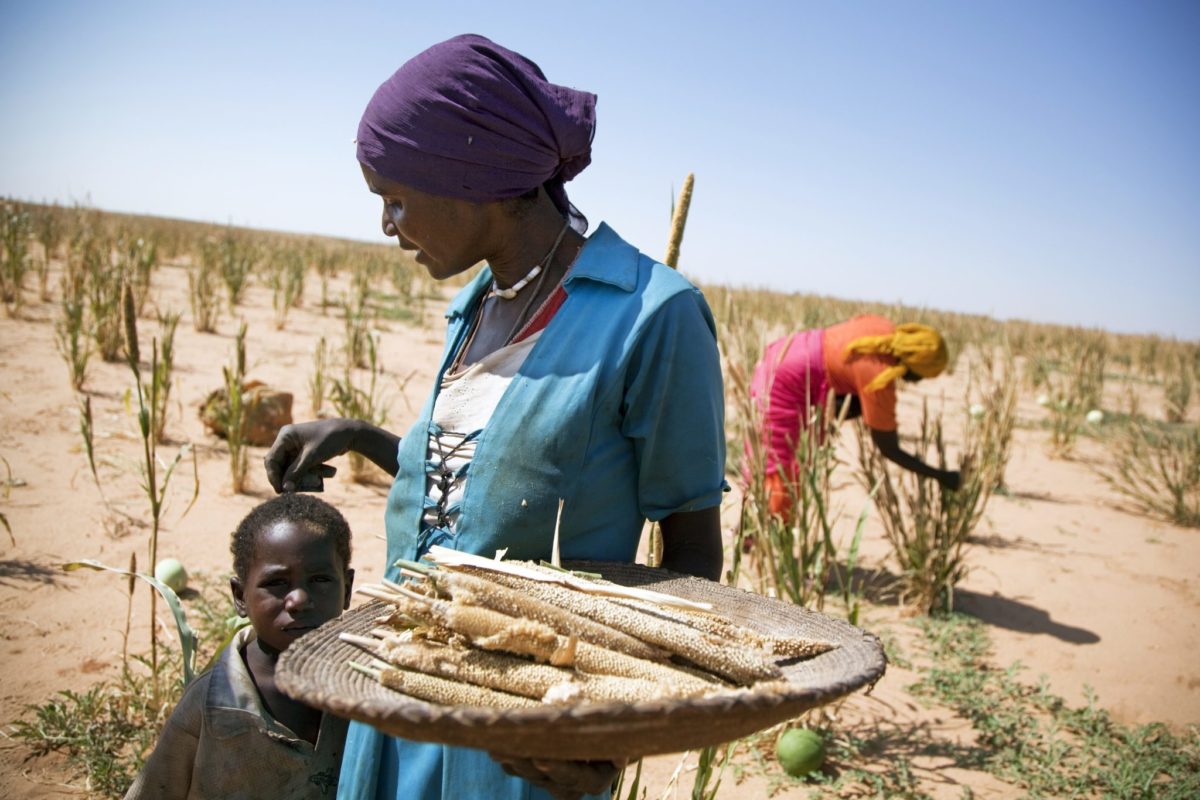New Policy Brief from UN Secretary-General on Food Security, Nutrition and COVID-19

In addition to the needs of mothers, children, families and communities during the COVID-19 pandemic, a food security crisis lingers, threatening the nutrition of millions of people, many of whom were already suffering.
Through efforts to curb the spread, lockdowns are having an economic effect that has led to tightening of credit access to farmers, limited access to transport services and borders to import and export food, and disruptions to regular health services. These constraints have a ripple effect on food production and transportation, leading to a hike in food prices and limiting the populations’ access to nutritious food.
A recent policy brief from the United Nations Secretary General Antonio Guterres examines global food insecurities and suggests priority actions that address immediate and long-term needs to build resilient food systems that will improve nutrition for our most vulnerable populations.
Key takeaways:
- More than 820 million people already classify as food insecure. COVID-19 has disrupted our food systems, causing an estimated additional 130 million people to fall into this category by the end of the year. We must take immediate action to prevent a global food emergency and avoid long term impacts for the most vulnerable.
- Expending near real-time food security monitoring systems will provide timely, improved, and geospatially indicative data to measure the pandemic’s unfolding effects and understand better who is suffering from hunger and malnutrition and where they are.
- We must invest in food and nutrition programs to protect food access for the most vulnerable by increasing their purchasing power and, where necessary, by directly providing food through government or community-based programs.
- Strengthening the response for nutritional care can ensure the continuity of nutrition services, particularly the early detection and community-based management of acute malnutrition and infant and young child feeding, as well as related maternal nutrition programs.
- Accelerated investment and a systems approach to nutrition should be a pillar of the COVID-19 response, aiming for immediate impact to sustain and improve livelihoods, while also preparing for a more inclusive, environmentally sustainable and resilient food system. Investment both during and after the COVID crisis can accelerate movement toward food systems that are more resilient to future pandemics and that offer better protections for all.
We stand behind the call to leaders for immediate action now to safeguard the health, nutrition, and livelihoods of communities everywhere, especially those in their first 1,000 days. With immediate action, we can not only avoid some of the worst impacts but do so in a way that supports a transition to more sustainable food systems that create better health prospects for all.
